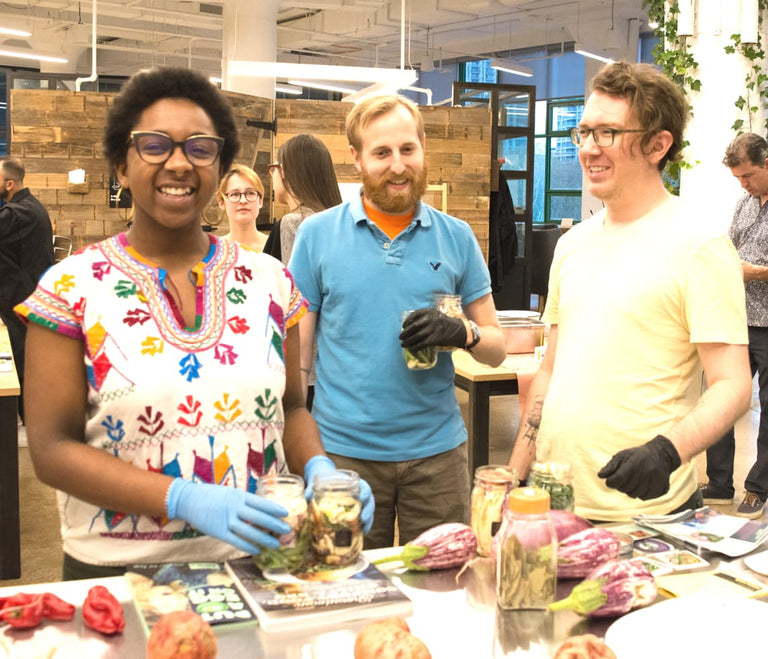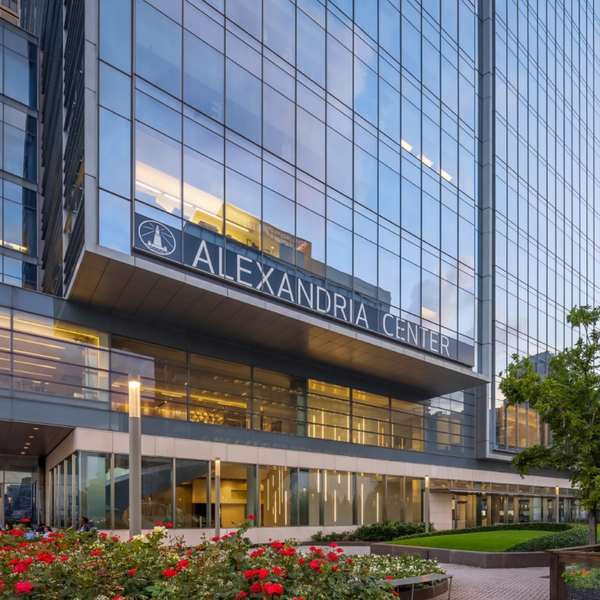Food and The Rainforest: A Citizen's Guide
Our food choices make a larger impact in the world. Consumers opt for organic vegetables to limit the pesticides that go into the land and our bodies, while local reduces the carbon footprint from farm to city. So how does meat impact the environment and more specifically, the Amazon rainforest? Conscious choices to enjoy grass fed-grass finished beef that has been pasture raised or raised on rotational grazing can actually have positive impacts on the environment; however conventional options have been proven to have the opposite affect. Read more below.
Article sourced from The Rodale Institute
Cover photo sourced from Reuters
The Amazon rainforest is burning. Here’s the what, the why, and how you can help.
What’s happening in the Amazon?
In August 2019, thousands of fires started burning in Brazil’s Amazon rainforest.
The fires are devastating one of the Earth’s most critical, diverse, and irreplaceable resources, threatening an area that produces up to 20% of the world’s oxygen and is home to thousands of animal species and biodiversity found nowhere else in the world.
Currently, the fires have been burning for three weeks and Brazil has declared a state of emergency.
Why did these fires start?
The catalyst of the fires is still a debate in Brazil and around the world.
While July and August are the region’s “dry period,” Brazil’s National Institute for Space Research (INPE) has stated that the number of fires in 2019 is 80% higher than last year. 99% of those fires, according to a senior scientist at INPE, result from either intentional or accidental human actions.
In the Amazon region, farmers and ranchers often use fire to deforest land to raise their cattle or grow crops like soy. Should those fires get out of control, catastrophe could easily result.
Some residents of Brazil are blaming the country’s president, Jair Bolsonaro, for encouraging ranchers and loggers to exploit the rainforest for economic gain in an unprecedented fashion, while cutting the budget of Brazil’s environmental enforcement agency. It’s also important to note that these actions are resulting in violent conflict and disenfranchisement of indigenous populations.
How do these fires connect to our food?
Industrial beef production, especially in the Amazon region, accounts for 80% of current deforestation, according to the WWF. Much of this deforestation is perpetrated with fire.
Meat from these operations are often sold at low prices to wholesalers in America and beyond, making its way into our fast food and grocery store systems.
A reliance on cheap, quick, and convenient meat products has allowed industrial cattle operations in South America, some of whom utilize illegal forest burning, to flourish.
It is important to make informed choices about our food. Consumers can educate themselves about the practices of organic livestock management, grass-fed meats and rotational grazing, and other methods of raising livestock that puts the emphasis on protecting the natural world, not degrading it.
While the meat industry is not the only cause of degradation in the Amazon rainforest (industries like paper, palm oil, and more can also affect the health of the rainforest), it is the one most connected to the choices we make as consumers every day.
What can you do?
The fires in the Amazon are devastating, disheartening, and complicated. If you feel like you want to change your food habits and help improve the way we treat our planet’s forests, but don’t know how, here are some ideas:
- Reduce your meat consumption. If you’re unsure of the meat source—like dining out with friends—skip the meat. Less meat allows you to refocus your resources on higher-quality animal products that are local, grass fed, and regenerative organic and reduce your carbon footprint.
- Become a conscious consumer: speak to your food suppliers, learn about the sourcing practices of your favorite brands, and make informed choices with your food purchasing dollars
- Look for products that have been vetted as rainforest-safe or regenerative
- Buy paper products that are Rainforest Alliance Certified
- Learn About the Regenerative Organic Certification, a new standard that includes animal welfare and responsible grazing practices in its guidelines
- Educate yourself on regenerative livestock management and other holistic methods of raising and growing food.
- Donate what you can to nonprofits and organizations working to conserve the Amazon, protect wildlife, or improve our food system.
- Share this post, charitable organizations, or any other information about this tragedy throughout your social networks to continue raising awareness and effect change.
We’re all looking for ways to protect our natural resources and lessen the effects our food, energy, and consumer systems. It’s not always easy. But together, we can heal the planet.
Rather have a taste first?
Local Roots Experiences are fun, pop-up events where we bring the farm to you!

Become a Harvest Club Pick Up Location
Are you a NY based cafe, bar, or neighborhood business? Become a Harvest Club pick up location and have community members come to your establishment each week to pick up their Local Roots harvest.
Top





